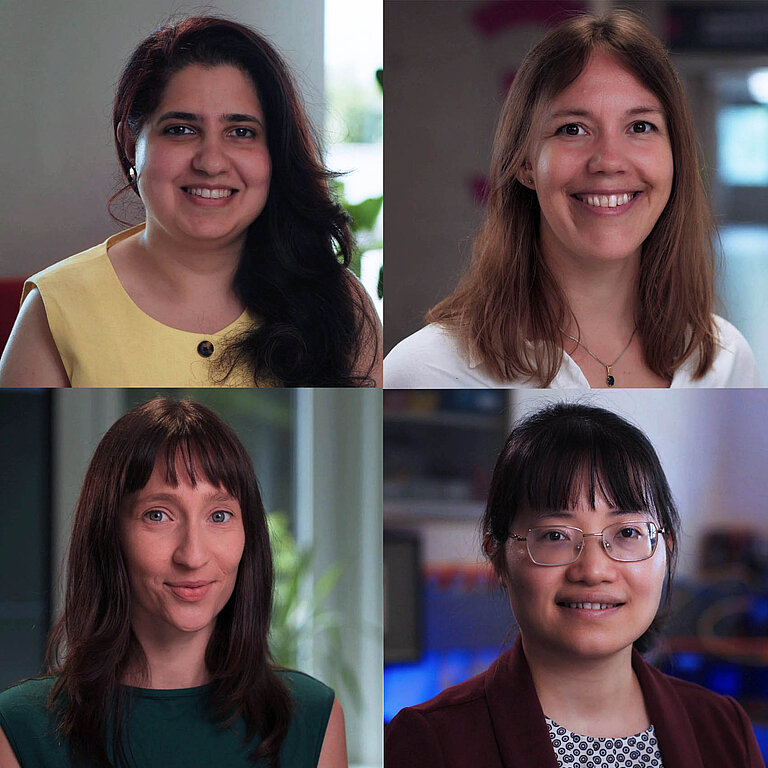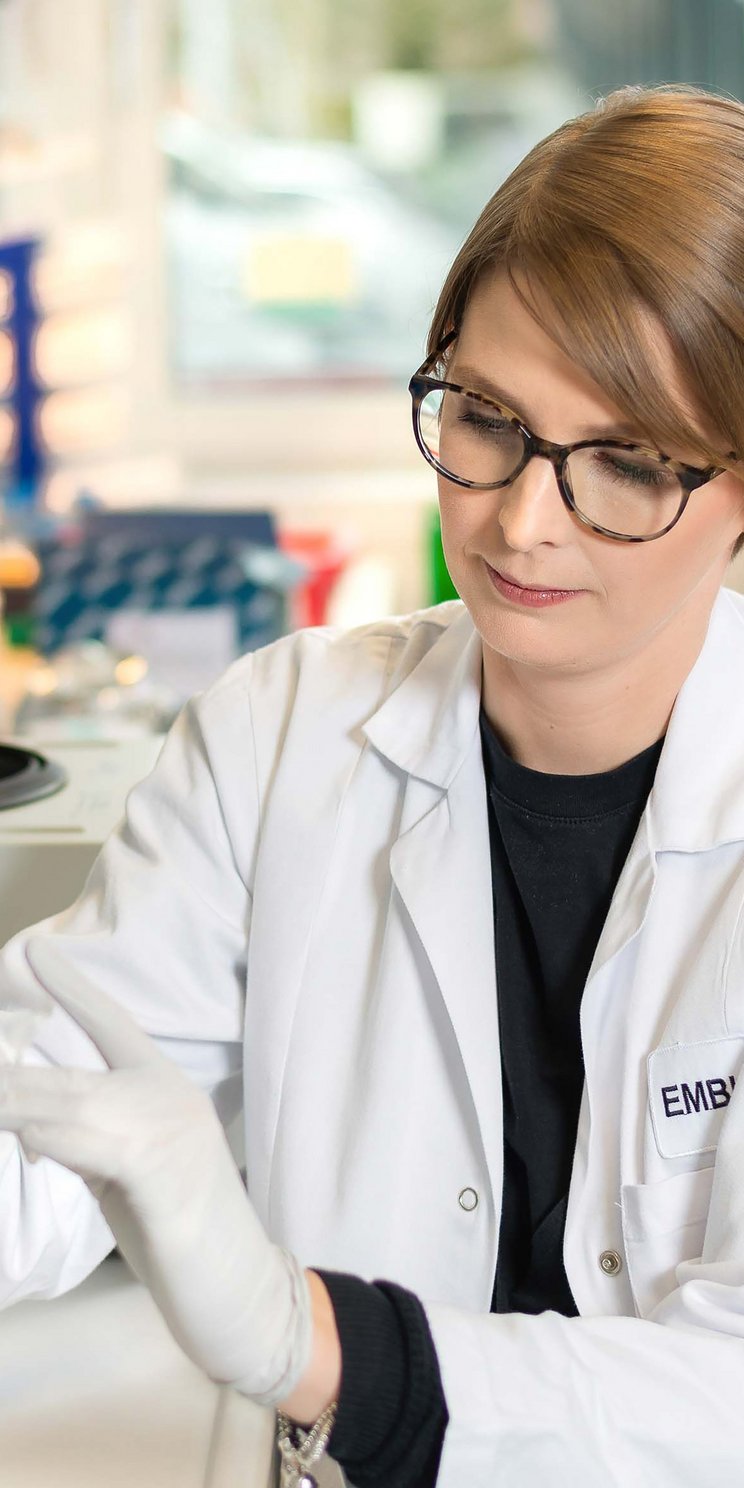The UNESCO Institute for Statistics regularly collects data on the proportion of women in science . Globally, that proportion is less than 30 per cent. In Europe, only a few countries have gender parity, with Germany near the bottom of the EU ranking. Overall percentages are not the full story. Research institutes worldwide are mostly headed by men, and wage differences persist. Many highly qualified women do not advance beyond middle management. Children are often a career disadvantage, but they alone do not explain the differences in income and responsibility. Prejudice and old boys' networks are other ‘invisible’ factors.
There are no quick fixes: we need female scientists as role models, a break with traditional role models and targeted support for women, especially mothers. UNESCO is contributing to this through a variety of projects and programmes, particularly through its cooperation with L'Oréal in ‘For Women in Science’. The slogan of their cooperation is ‘The world needs science – and science needs women’: Since 1998 they supported 4,400 excellent female scientists - both early-career researchers and researchers for their lifetime-achievements, including seven subsequent Nobel laureates.
In Germany, the programme is organised by L'Oréal Germany, the German Commission for UNESCO and the German Humboldt Network. Since 2007, more than 50 female early-career researchers in Germany have received the coveted award. Any doctoral or postdoctoral student in the broad field of natural sciences can apply; given equal excellence, applications from researchers with children are given preference. This is because balancing a scientific career with starting a family remains a major challenge in Germany.
The 2025 awards
On 18 September 2025, four outstanding female early-career researchers received the award worth 25,000 Euro each at a ceremony at the NRW Forum in Düsseldorf. It is noteworthy that all four of this year's award winners came to Germany for their scientific work. They conduct research at institutes in Frankfurt, Jülich, Karlsruhe and Münster.
The award was under the auspices of Minister for Research Dorothee Bär. Presenter Arabella Kiesbauer hosted the evening, with speeches by Susanne Sorg (Hartmann Tresore AG) and Dr Nina Smidt (CEO of Siemens Foundation) as well as entrepreneur Tijen Onaran.
The 2025 awards were presented to:
Dr Rana Hussein Ali obtained her bachelor's degree at Ain Shams University, Egypt, and has been conducting research in Germany since 2017, currently at the Institute of Biochemistry at Goethe University Frankfurt am Main. She is investigating photosynthesis using high-resolution methods to study the processes of proton release in photosystem II. Her work could support the future development of groundbreaking concepts for sustainable energy technologies.
Dr Line Muradi came to Germany in 2018 after studying and completing her doctorate at Aarhus University, Denmark, and is now conducting research at the Institute of Organic Chemistry at the University of Münster. She is researching light-controlled organic reactions that use water as an environmentally friendly solvent. By using special amphiphilic substances, she is developing new sustainable methods for the synthesis of important compounds and contributing to greener chemistry.
Dr Casey Paquola conducted research at the University of Sydney, Australia, until completing her doctorate, and has been working at the Institute of Neuroscience and Medicine at Forschungszentrum Jülich since 2021. She analyses and models human brain development using MRI scans to understand the development of psychiatric disorders and enable targeted preventive measures to be implemented in the future.
Dr Jingyuan Xu completed her PhD at the Chinese Academy of Sciences in Beijing and has been working at the Institute for Microstructure Technology at the Karlsruhe Institute of Technology (KIT) since 2023. Her research focuses on the development of environmentally friendly cooling technologies based on the use of shape memory alloys. This innovative method enables more energy-efficient cooling and offers an environmentally friendly alternative to conventional cooling systems.

